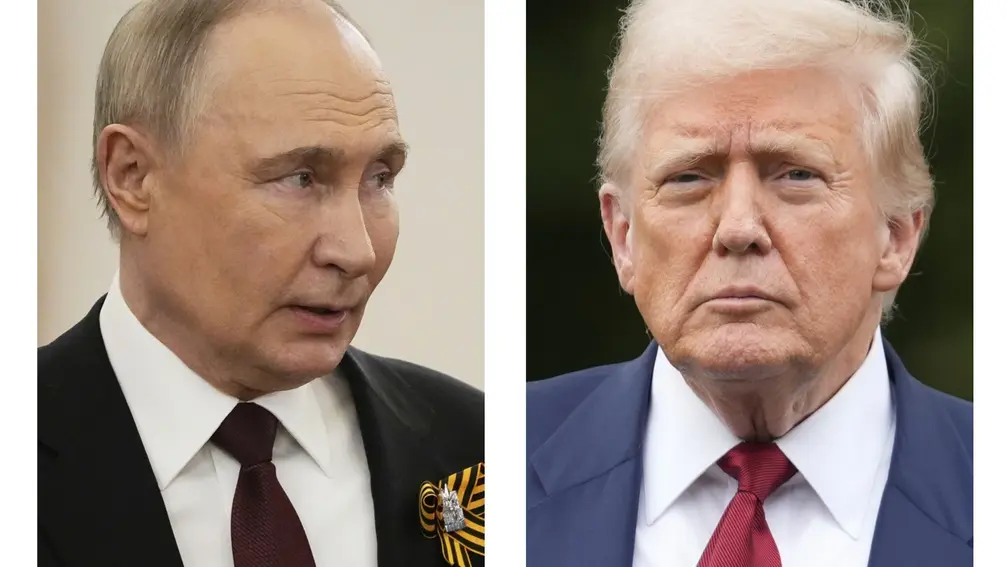T4K3.news
Sanctions loom as talks linger
Trump warns a 25% chance talks with Putin fail and hints at sanctions affecting India and oil markets.

BBC Verify assesses potential sanctions tied to talks between Trump and Putin and the reactions from India and China.
Trump weighs sanctions as Putin talks linger
President Donald Trump has said there is a 25% chance that his talks with President Vladimir Putin in Alaska about ending the Ukraine war will be unsuccessful. If that proves true, he has signaled that more sanctions against Russia could follow, including steps aimed at other countries that continue to trade with Moscow.
Trump has threatened secondary sanctions that would punish other countries that trade with Russia. He said India would face a 25% import tax on goods sent to the United States, to take effect on August 27. India has called the tariffs unjustified, and China has described them as illegal. The United States has paused tariffs on Chinese imports while talks continue on a broader trade deal. India is a major buyer of Russian oil, and China is the biggest buyer, meaning sanctions could ripple through energy markets.
The remarks come as Washington uses sanctions to influence Ukraine diplomacy, a tactic that tests alliances and could push partners to balance against Russia or seek more independence.
Key Takeaways
"There is a 25% chance that my talks with Putin will be unsuccessful."
Trump commenting on the Alaska talks
"unjustified"
India's reaction to the secondary tariffs
"illegal"
China's reaction to the tariffs
"The biggest buyer of Russian crude oil is China"
Oil market reality noted in the piece
The situation shows how economic levers are used alongside diplomacy to shape a conflict that remains unresolved. Secondary sanctions can lever decisions in faraway capitals, but they also risk eroding trust with allies who fear costly or unintended consequences. The risk is a shift from targeted pressure to broad economic signals that complicate long term planning for energy buyers and investors.
At stake is not just the Ukraine war but the broader pattern of global supply chains and alliance habits. If partners view sanctions as a tool of coercion rather than negotiation, they may resist or recalibrate their own commitments, with market volatility to follow. The challenge for policymakers is to pursue aims without triggering a costly backlash or a race to reconfigure oil routes and trade deals.
Highlights
- Power wears a price tag in the energy age
- Talks stall, markets watch, and costs rise
- Allies get tested when sanctions meet the balance sheet
- Diplomacy moves at the speed of headlines
Political and economic risk from sanctions linked to Ukraine talks
Secondary sanctions and cross-border responses could provoke political backlash, affect oil markets, and strain alliances. The move risks public and investor reaction amid a tense geopolitical climate.
Diplomacy moves in slow motion while markets watch the clock.
Enjoyed this? Let your friends know!
Related News
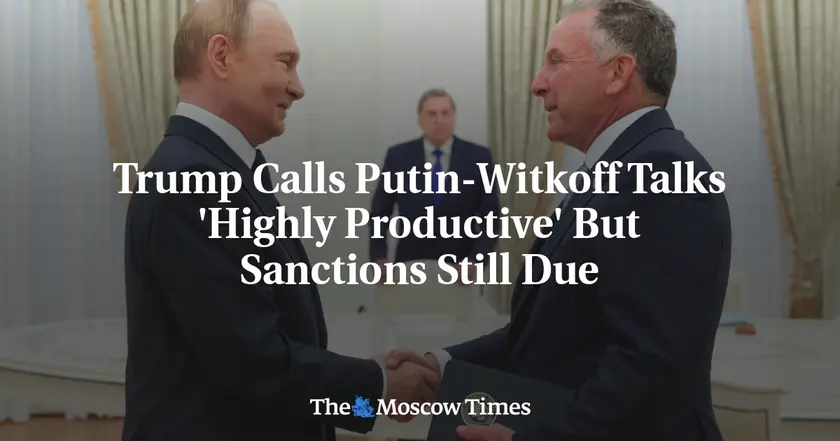
Trump Calls Witkoff-Putin Talks Productive but Sanctions Expected

Ukraine talks loom
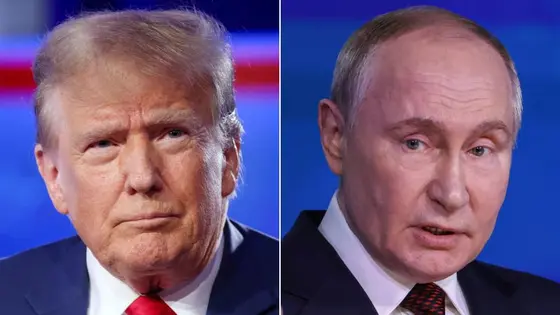
Trump plans talks with Putin as sanctions loom
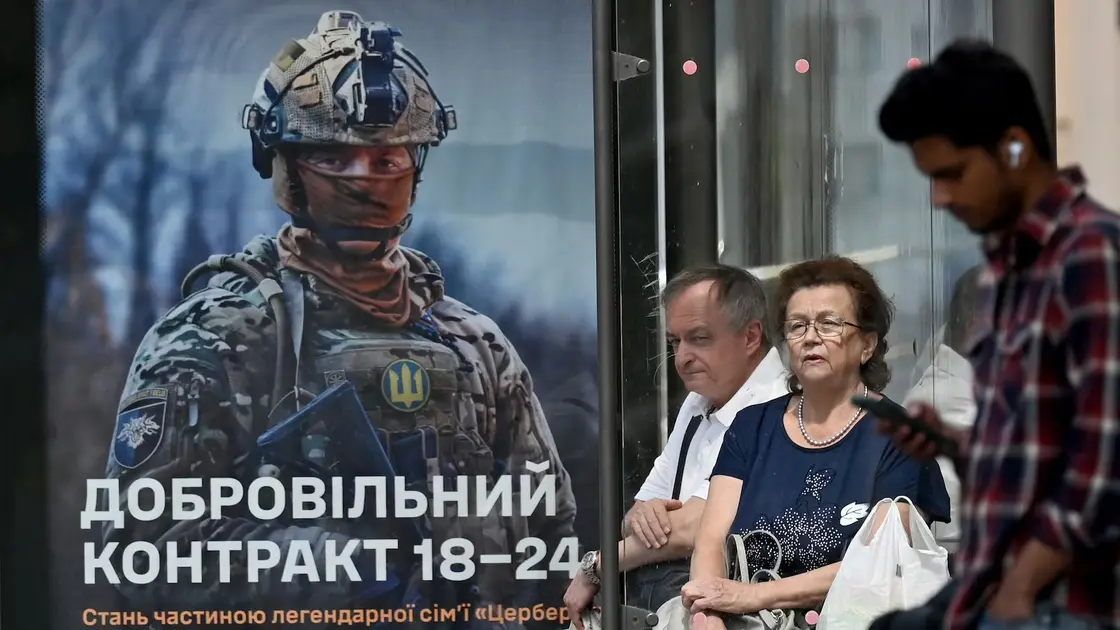
Witkoff to visit Russia for potential ceasefire talks

Ukraine unity shows in advance of Alaska talks
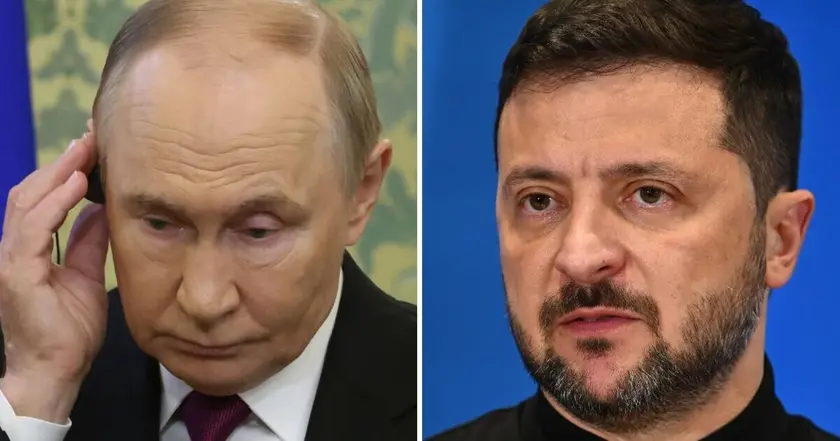
Drone Attacks Test Ukraine
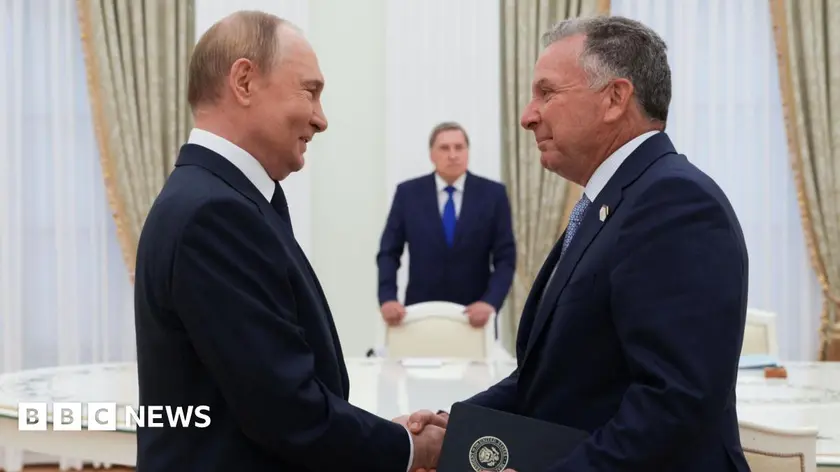
Trump's envoy meets Putin amid fading ceasefire hopes
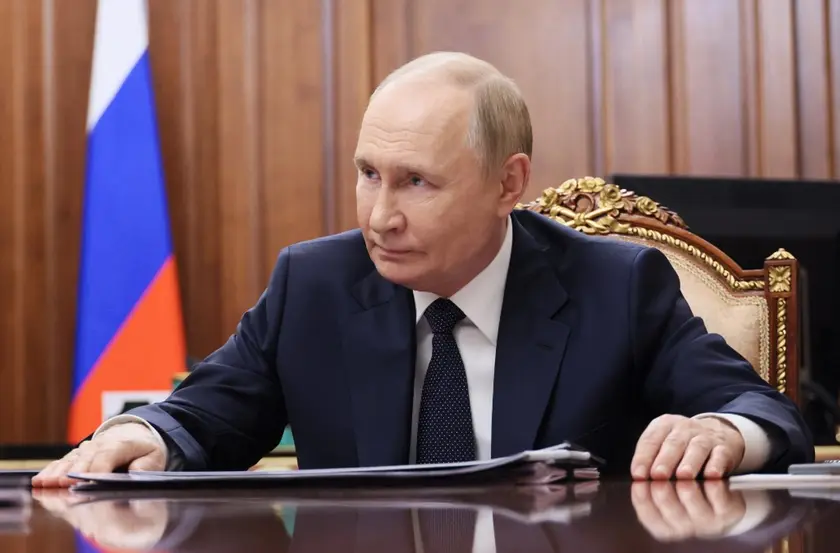
Diplomacy in motion as Putin keeps talks conditional
